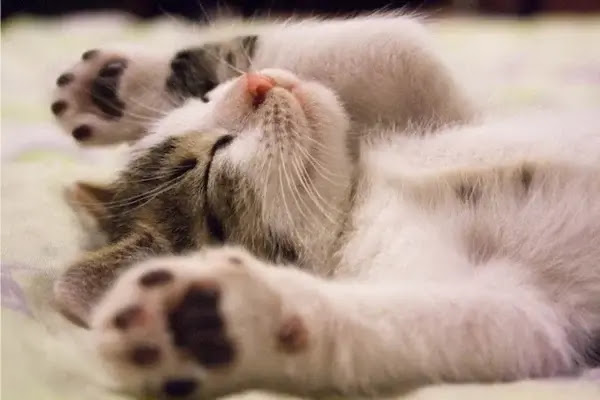Pets hold a special place in our hearts, becoming cherished members of our families. The bond we share with them is unique and profound. When a beloved pet passes away, the grief we experience can be overwhelming. Coping with the loss of a pet is a deeply personal journey, and it is not uncommon to feel a sense of guilt during this time. In this article, we will explore the normalcy of feeling guilty after losing a pet and provide guidance on how to navigate this complex emotion.
The Unique Bond with Our Pets
Our pets become an integral part of our lives, offering companionship, loyalty, and unconditional love. They provide comfort during difficult times, and their presence brings immense joy. Losing a pet can leave a void that is hard to fill. As pet owners, it is natural to question ourselves and experience guilt when they pass away.
Grief and the Loss of a Pet
The loss of a pet triggers a grieving process similar to the loss of a loved one. We go through a range of emotions, including sadness, anger, and even guilt. Grief is a natural response to loss, and it is essential to recognize and validate our emotions during this challenging time.
Understanding Guilt in Pet Loss
Feeling guilty after losing a pet is a normal response. Guilt often arises from the belief that we could have done more or made different choices. We may question our decisions, wonder if we missed any signs of illness, or regret not spending more time with our pets. These thoughts and emotions can be overwhelming but understanding that guilt is a common experience can help alleviate some of the burden.
Factors Contributing to Guilt
Several factors contribute to the guilt experienced after losing a pet. Difficult decisions, such as euthanasia, can weigh heavily on our minds. We may question if we made the right choice or if we could have prolonged their life. Additionally, conflicting emotions, such as relief after a pet’s suffering ends, can lead to guilt. It is important to acknowledge these factors and remember that they are part of the grieving process.
The “What Ifs” and Self-Blame
The mind often wanders into the realm of “what ifs” after losing a pet. We replay scenarios, wondering if we could have prevented their death or improved their quality of life. This self-blame can be debilitating and hinder the healing process. It is crucial to recognize that we are human and that we made the best decisions we could at the time.
Coping with Guilt: Self-Compassion and Acceptance
Coping with guilt requires practicing self-compassion and acceptance. Understand that you did the best you could for your pet and that you provided them with love and care throughout their life. Forgive yourself for any perceived shortcomings and acknowledge that mistakes happen. Treat yourself with kindness and allow yourself to heal.
Seeking Support and Professional Help
During this challenging time, it is important to lean on your support network. Share your feelings and experiences with loved ones who understand the bond between a pet and its owner. Support groups for pet loss can also provide a safe space to express your emotions and find solace in the stories of others who have gone through similar experiences. If needed, consider seeking professional help from a pet loss counselor or therapist trained in grief counseling.
Honoring the Memory of Your Pet
Honoring the memory of your pet can be a meaningful part of the healing process. Create a memorial or tribute that celebrates their life and the joy they brought into your world. Plant a tree in their honor, design a photo album filled with precious memories, or consider making a donation to an animal welfare organization. These acts of remembrance can bring comfort and keep their memory alive.
Time and Healing: Moving Forward with Love
Healing from the loss of a pet takes time. The intensity of grief may lessen with each passing day, but the love and memories of your pet will always remain. Embrace the healing process, allowing yourself to experience the full range of emotions. Remember that healing does not mean forgetting but rather finding a way to move forward while keeping your pet’s memory alive in your heart.
Conclusion
Feeling guilty after losing a pet is a normal part of the grieving process. It is important to recognize that guilt is a common emotion and not let it consume us. Practice self-compassion, seek support from loved ones or support groups, and honor your pet’s memory in a way that feels meaningful to you.

